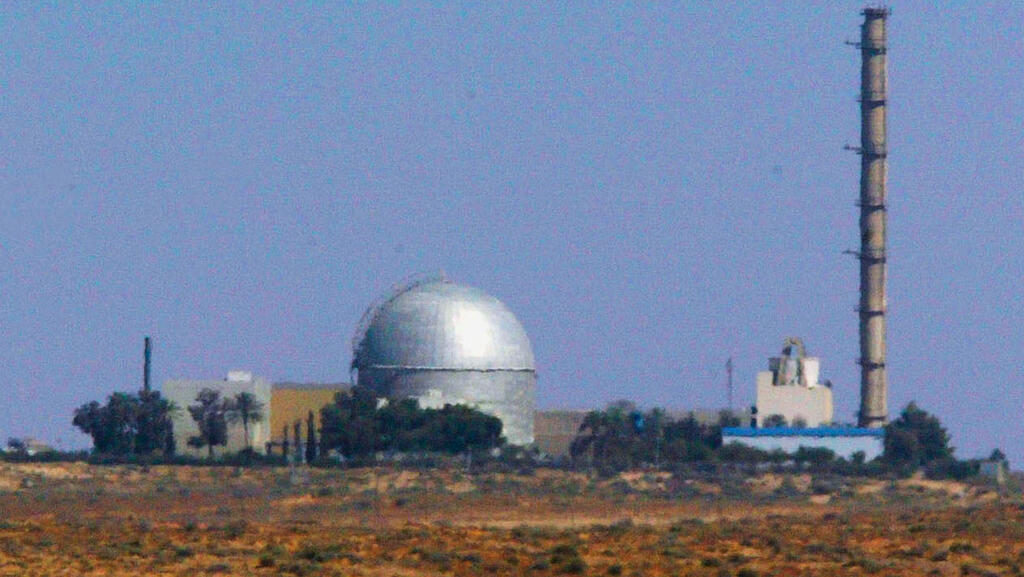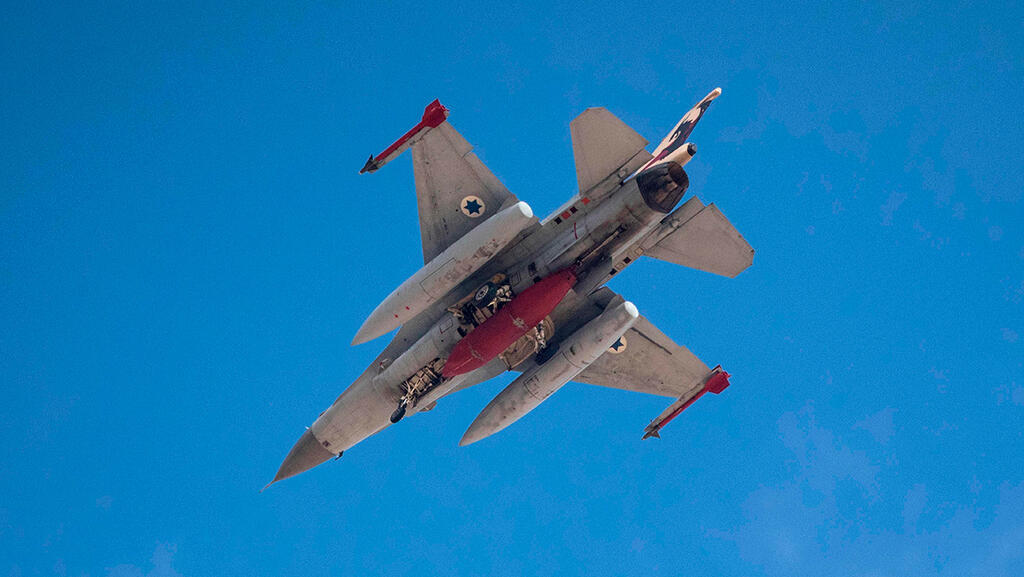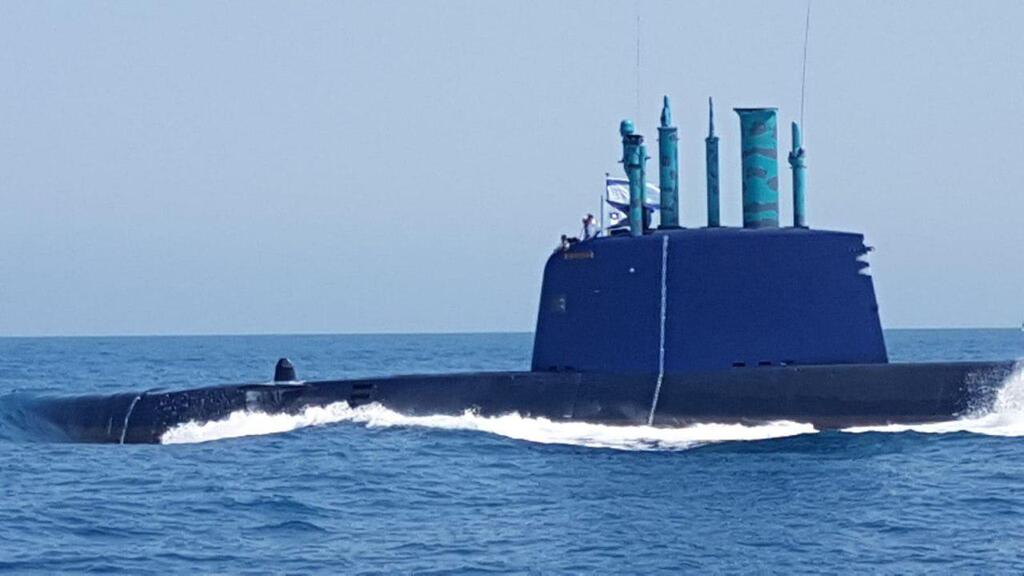Getting your Trinity Audio player ready...
According to a report released Monday by the Stockholm International Peace Research Institute (SIPRI), Israel appears to be upgrading its plutonium core facility in Dimona, possibly maintaining around 90 nuclear warheads, similar to previous estimates.
Globally, out of 12,121 nuclear warheads, SIPRI estimates 9,585 are actively deployed by military forces for potential use. Approximately 3,904 of these are deployed on missiles and aircraft, a 60-unit increase from last January, with the remainder kept in storage.
SIPRI notes eight countries are known nuclear powers, including Israel, which maintains a policy of nuclear ambiguity. Approximately 2,100 of the world's nuclear warheads are considered operational for ballistic missiles, predominantly held by Russia and the United States. China has also significantly enhanced its nuclear readiness, with estimates suggesting up to 500 warheads, an increase from 410 within a year.
Israel's reported 90 nuclear warheads are considered modest compared to other nuclear powers, with some speculating Israel may possess up to 300 warheads. SIPRI indicates about 30 of Israel's warheads are intended for delivery by F-16I and F-15 aircraft. The status of Israel's F-15 fleet is uncertain, though the United States referred to them in 2019 as capable of nuclear missions.
Regarding Israel's ballistic missile capabilities, up to 50 warheads are likely designated for Jericho ballistic missiles, although Israel has never officially acknowledged possessing such missiles. SIPRI reports Israel is upgrading its missile arsenal from Jericho 2 to Jericho 3, which has a range of up to 4,000 km.
Additionally, Israel reportedly operates five Dolphin-class submarines, manufactured in Germany and based in Haifa. While Germany denies these submarines can carry nuclear warheads, SIPRI suggests they potentially enhance Israel's nuclear triad capability – allowing for nuclear strikes from air, land and sea.
Overall, SIPRI underscores ongoing global nuclear modernization efforts among the nine nuclear-armed states, deepening their reliance on nuclear deterrence. With Russia and the United States holding nearly 90% of the world's nuclear arsenal combined, recent increases in their operational deployments highlight a tense global nuclear landscape.




